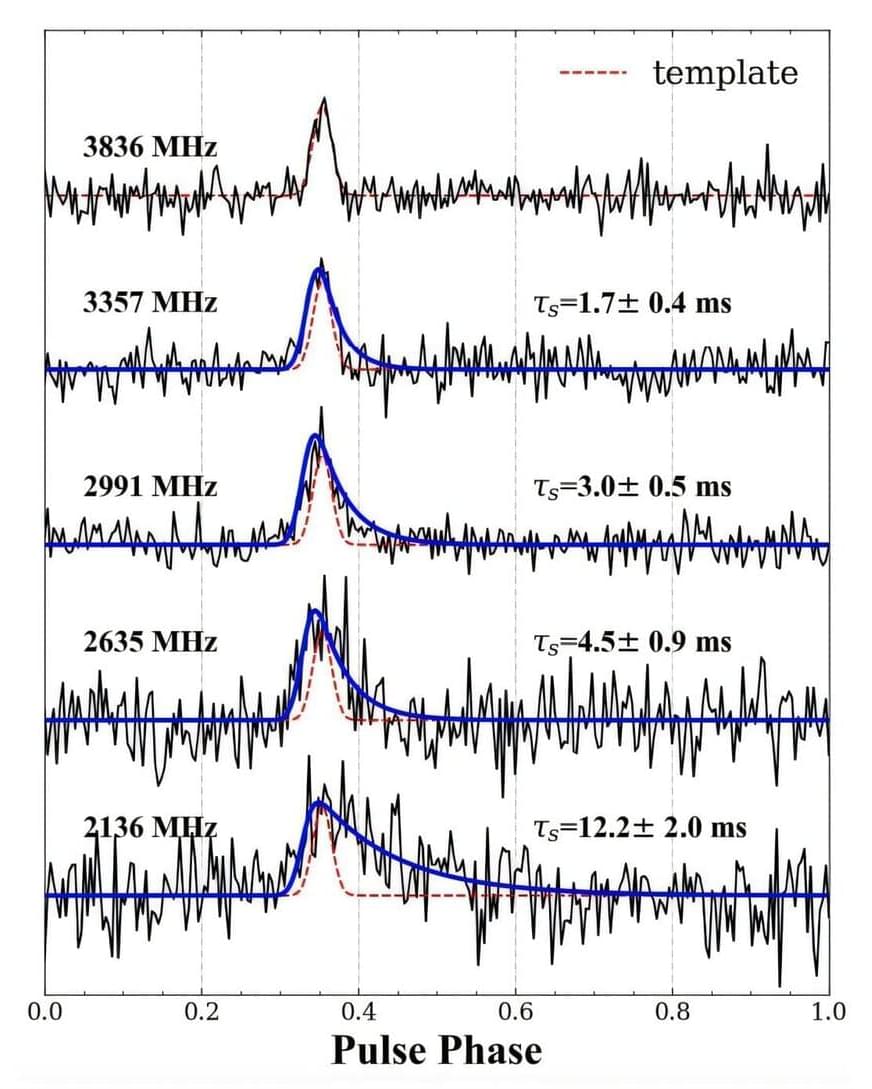Merry Christmas Holidays Everyone!
The holiday season is a busy time for humankind’s sun-surfing spacecraft. This Christmas Eve, the Parker Solar Probe will be going where no probe has gone before: a mere 3.8 million miles from the sun’s surface.
Around 6:53 a.m. Eastern time on December 24, it will pass the closest that any spacecraft has ever been to our roaring sun. And it will do so in another record-breaking fashion: traveling 430,000 miles per hour—the speed equivalent of traversing from Washington, D.C., to Tokyo in under a minute—making it the fastest human-made object to ever zip across the universe.
“It’ll be inside the upper atmosphere of the sun, literally touching the star,” Nicki Rayl, NASA’s deputy director of heliophysics, tells Julia Jacobo and Mary Kekatos of ABC News.







